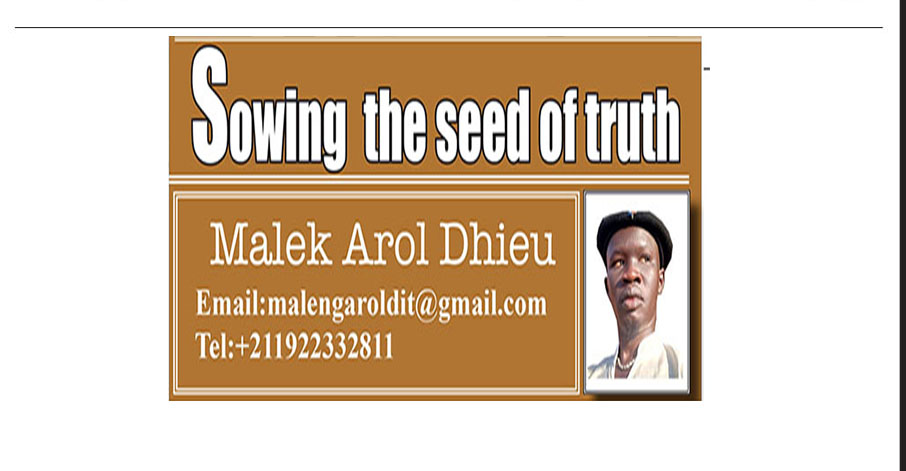Grand Ethiopian Renaissance Dam (GERD) is a gravity dam on the Blue Nile River in Ethiopia under construction since 2011. It is located in the Benishangul-Gumuz Region of Ethiopia about 45 km east of the border with Sudan. On the 10th of September 2023, the Prime Minister of Ethiopia, Dr Abiy Ahmed Ali announced the successful completion of the fourth and final filling of the GERD; a move which almost caused diarrhoea to Egypt and Sudan.
Since the three countries have, after a long break, resumed negotiations on a treaty that benefits them, I see no reason why the filling of the dam should be delayed while the indicators are blinking green, meaning a consensus is possibly going to be reached. The fear of Egypt and Sudan that the dam is going to reduce the share of the Nile water they receive has been assessed by experts and found benign. So, nobody goes against what is researched and proven normal.
If, indeed, there is no other hidden agenda behind Egypt’s refusal to allow GERD to operate as planned, then it should be countries to the east of Africa that should feel jealous of GERD because its benefits do not reach them easily. But for Egypt and Sudan, the dam is of great benefit to them. Sudan opposes GERD blindly without ascertaining the truth that GERD protects it against devastating floods and the debilitating effects of water shortage during drought and famine.
Sudanese do not know that the GERD will help their water infrastructure to be operated optimally as they receive regulated water flow. Egypt, as the country heading the opposition of GERD and carrying neo-colonialism at hand, also benefits from conservation at the GERD instead of wastage of billions of cubic meters of water to evaporation and in downstream flood plains.
The primary purpose of the dam is electricity production to relieve Ethiopia’s acute energy shortage and for electricity export to neighbouring countries, among which South Sudan is one. With an installed capacity of 5.15 gigawatts, the dam, when completed, will be the largest hydroelectric power plant in Africa as well as the 7th largest in the world. Ethiopia aka the Mother of Africa has an ambition to build a modern economy relying on agriculture, manufacturing, and industry.
It is committed to developing social infrastructure with quality education, healthcare systems, and the provision of clean water for Africans. Ethiopia also aims to nurturing a hygienic environment much more able to sequester carbon and emit net zero carbon so as to maintain biological diversity and to build a resilient ecosystem that is not exposed to climate vulnerabilities.
Ethiopia’s intention in constructing the GERD is to enable the regulation function so that electricity generation from the infrastructure is uniform throughout the year, compared to irregularities often caused by Egypt in electricity generation in riparian states. This means, as a hydropower dam, the GERD does not consume water, but rather, the water continues flowing downstream uninterrupted.
The GERD also helps to prevent future spillage which overtops the Aswan Dam. By constructing GERD, Ethiopia continues mothering African countries whose economies are deteriorating. For refill of economies, cultures, heritages, and governances, African countries whose cultures, heritages, governances, and economies are contaminated by nations that call themselves “superpowers” should stop looking at the eyes of the “Superpower” to feed them and produce their own food.
South Sudan should revive its economy by consuming what it produces from its fertile land using Nile water. With the close proximity of South Sudan to Ethiopia and the pre-existing growing relations, South Sudan’s deteriorating economy is expected to enliven if and only if it believes in GERD whose benefits cover all the riparian states. Unless South Sudan does not want to affect its priorities, but if it wants to affect them, it has to resort to using Nile water for agriculture and electricity to avoid being “on and off” with poorly mechanized agriculture and poorly installed electricity currently being relied on.
Hunger and unemployment which have conquered South Sudan would be eradicated by prioritization of agriculture so that agriculture itself creates employment opportunities. Agriculture is all that South Sudan needs to wrestle down hunger which claims hundreds of lives yearly, and this can be achieved only by using River Nile water to make agriculture ceaseless.
The author is a medical student, University of Juba.




